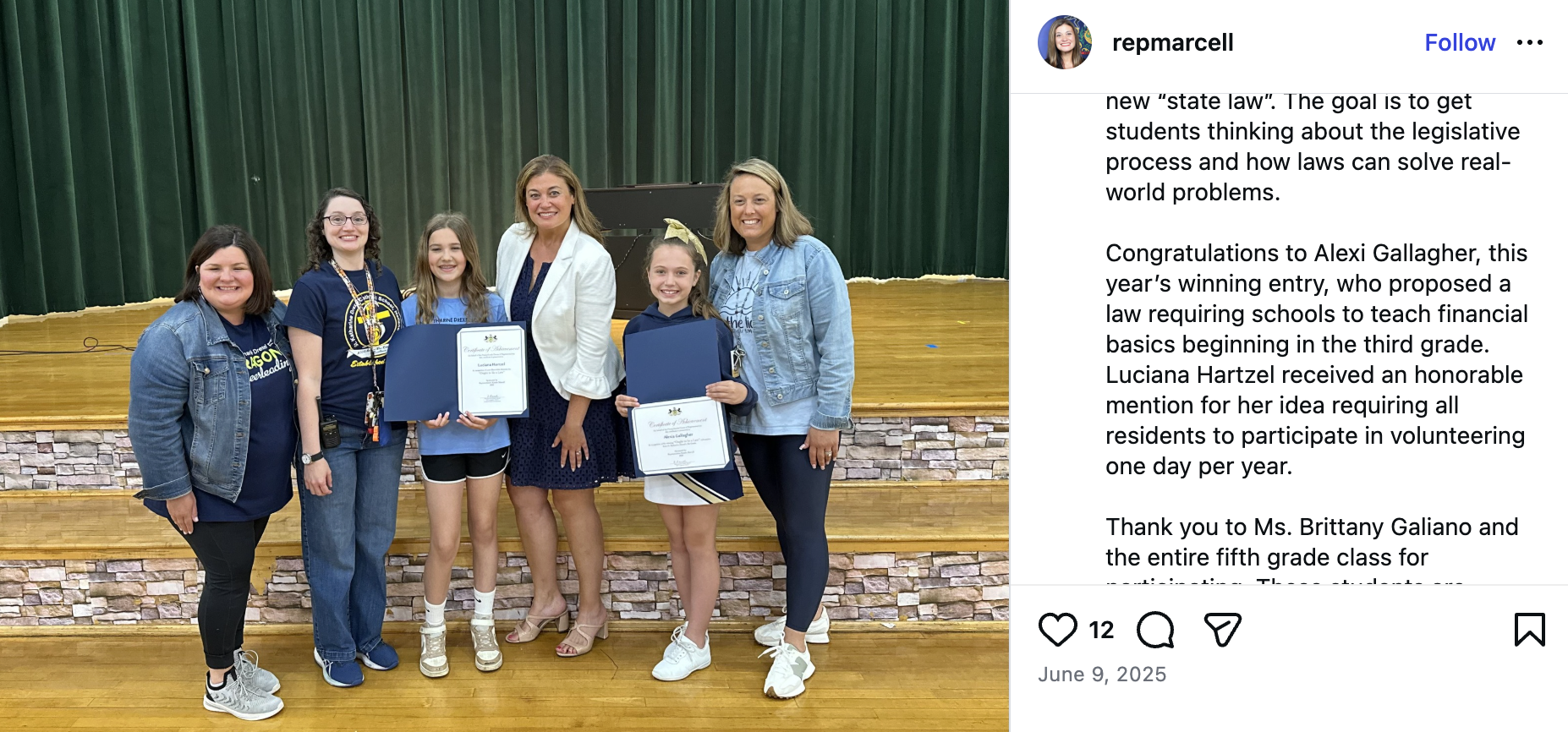Texas Approves $12 Million for New Mitigation and Infrastructure Projects

The Texas General Land Office (GLO), under the leadership of Land Commissioner Dawn Buckingham, M.D., has announced the approval of over $12 million in new funding through the Regional Mitigation Program (RMP) and Disaster Recovery Reallocation Program (DRRP). These grants will support essential infrastructure projects in Walker County and the cities of Holiday Lakes, Huntsville, and Port Aransas, addressing roads, streets, culverts, lakes, and drainage systems.
Commissioner Buckingham emphasized that these investments represent more than just physical improvements.
“Texans know that our strength comes from standing together in the face of challenges,” said Buckingham. “These investments are more than concrete and steel – they are a commitment to safer neighborhoods, stronger communities, and a more resilient Texas. By partnering with our local leaders, we are ensuring that every dollar is turned into progress families can count on today and for generations to come.”
The approved projects will help mitigate the impact of future natural disasters while ensuring long-term protection for communities that have faced repeated flooding and storm damage. In doing so, the GLO continues to demonstrate its commitment to supporting local priorities that strengthen the foundation of Texas communities.
Regional Mitigation Program (RMP)
The RMP works to reduce future disaster risks through targeted infrastructure investments. The Texas GLO allocated $1.16 billion in Community Development Block Grant Mitigation (CDBG-MIT) funds from the U.S. Department of Housing and Urban Development (HUD) to launch this initiative. Each Council of Government (COG) in Texas developed a Method of Distribution (MOD) to determine how funds would be shared among local governments. Importantly, these allocations were shaped through extensive public input and collaboration.
Through the RMP, communities gain critical tools to prepare for and withstand future disasters. The program’s primary goal is to improve resilience while minimizing damage from floods, hurricanes, and other natural events that challenge Texas year after year.
Disaster Recovery Reallocation Program (DRRP)
The Disaster Recovery Reallocation Program (DRRP) helps communities access unused or de-obligated federal disaster recovery funds, ensuring that no resource goes unused. Managed by the GLO, the program redirects remaining funds from earlier disaster recovery efforts tied to major events such as Hurricanes Ike and Dolly (2008), the 2015 and 2016 Floods, Hurricane Harvey (2017), and the 2018 and 2019 Floods.
HUD approved six separate DRRP programs that together provide approximately $140 million for local recovery projects. As of early 2025, the GLO had received over $1.4 billion in project submissions, showing the ongoing need for continued investment and support.
The DRRP not only extends the life of existing federal funds but also ensures that communities still struggling to recover from past disasters can move forward. By redirecting these funds, the GLO reinforces its mission of helping Texans rebuild stronger and smarter.
Commitment to Accountability and Timely Action
To meet federal requirements, all DRRP projects must be completed within strict HUD deadlines. If projects are not finished on time, HUD may reclaim the funds, placing communities at risk of losing critical support. Because of these deadlines, the GLO prioritizes projects that can be completed quickly and effectively.
The GLO continues to identify additional funds through the de-obligation process and invites eligible communities to apply as new resources become available. Moreover, by maintaining transparency and efficiency, the agency ensures taxpayer dollars are used wisely and for maximum community benefit.
Communities are encouraged to review detailed RMP and DRRP project descriptions on the Texas GLO’s disaster recovery website.
RECENT










BE THE FIRST TO KNOW

More Content By
Think American News Staff












